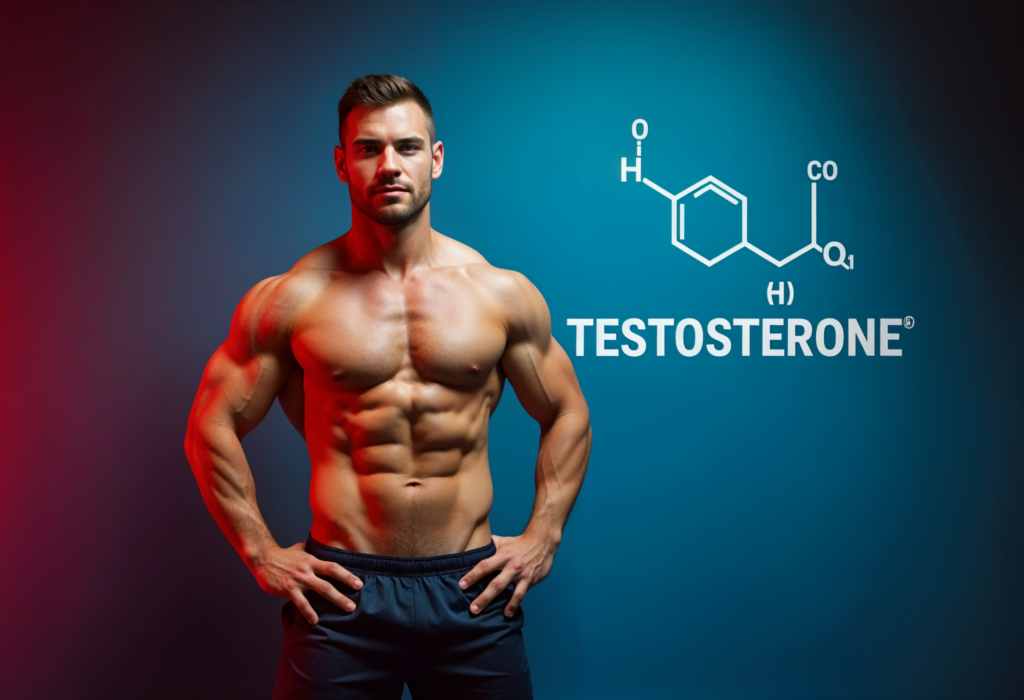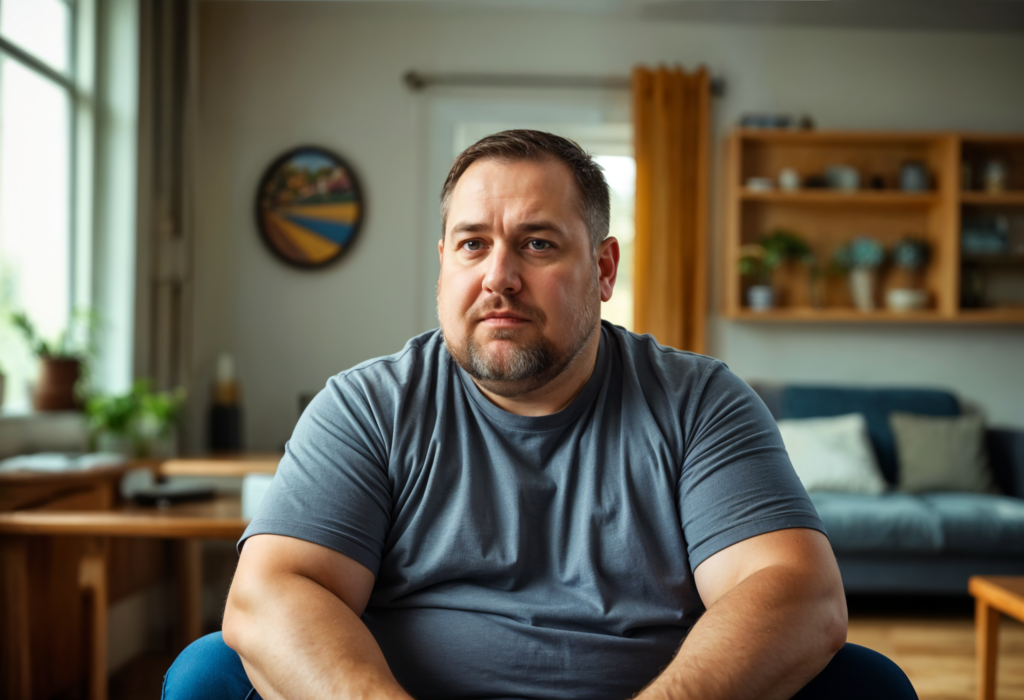How to Choose The Best TRT Clinic Near Me?

How to Choose The Best TRT Clinic Near Me? Testosterone is a critical hormone that ensures energy, muscle mass, sexual function, and general wellness. With increasing age, levels of testosterone automatically reduce, which results in some common symptoms including lack of energy, low sex drive, mood changes, and weakness in the muscles. Numerous people look […]
Testosterone Replacement Therapy Near Me When Low Testosterone Affects Mood

Testosterone Replacement Therapy Near Me When Low Testosterone Affects Mood Testosterone is more than just a hormone linked to muscle mass and physical strength—it plays a crucial role in emotional well-being. While many men focus on increasing their testosterone levels to boost physical performance, few consider the impact of low testosterone on mental health. Mood […]
Testosterone Replacement Therapy Near Me for Couples

Testosterone Replacement Therapy Near Me for Couples A healthy and fulfilling marriage is built on emotional connection, physical intimacy, and shared prosperity. But when one partner is suffering from hormonal imbalance, the relationship might get affected. In men, hormonal imbalance resulting from low testosterone can lead to various physical and psychological issues, impacting their health […]
Is Low Testosterone Genetic?

Is Low Testosterone Genetic? Low testosterone, often referred to as hypogonadism, is a growing concern for men worldwide. While it was once considered an issue primarily affecting older men, an increasing number of younger individuals are being diagnosed with this condition. This surge has prompted extensive research into the underlying causes, leading experts to question: […]
The Benefits of Testosterone Therapy for Women’s Sexual Health

The Benefits of Testosterone Therapy for Women For Sexual Health Hormonal balance plays a crucial role in overall well-being, affecting everything from energy levels to mood and sexual health. While testosterone is often associated with men, it is also essential for women’s health. Many women experience a decline in testosterone levels due to aging, menopause, […]
Why Consider HCG Testosterone Therapy?

Why Consider HCG Testosterone Therapy? Testosterone is a vital hormone that influences various aspects of male health, from muscle mass and bone density to mood and libido. However, as men age or face specific medical conditions, testosterone levels can decline, leading to fatigue, low sex drive, and reduced physical performance. HCG testosterone therapy has emerged […]
Does Running Increase Testosterone Levels? How Testosterone Replacement Therapy Near Me is Effective?

Does Running Increase Testosterone Levels? Running is not just a popular form of exercise; it’s a gateway to better physical and mental health. With around 60 million Americans engaged in this activity—be it jogging, trail running, or high-intensity sprints—its benefits extend beyond cardiovascular health and stress relief. Surprisingly, running can positively impact your hormonal health, […]
Gynecomastia and Low Testosterone: Causes, Symptoms, and Solutions

Gynecomastia and Low Testosterone: Causes, Symptoms, and Solutions Gynecomastia, a condition marked by the enlargement of male breast tissue, often stems from hormonal imbalances—specifically, the interplay between testosterone and estrogen levels. This condition can affect individuals of all ages, including newborns, adolescents undergoing puberty, and older men. While gynecomastia is not usually life-threatening, it can […]
Testosterone Therapy for Women Benefits and Effects

Testosterone Therapy for Women Benefits and Effects Hormones are responsible for maintaining all the functions within our bodies, including physical, mental, and emotional well-being. Among them, testosterone is a hormone that is more popularly associated with men but equally important for women. Testosterone, though found in smaller amounts in women, affects energy, mood, sexual health, […]
Impact of Nutrition on Hormones and The Role of Testosterone Therapy Near Me

Impact of Nutrition on Hormones and The Role of Testosterone Therapy Near Me Testosterone is an essential hormone for both males and females, affecting everything from energy levels to muscle mass and even mood. It is pivotal in upholding healthful living; that is to say, it sustains the body’s physical health, mental well-being, and overall […]
